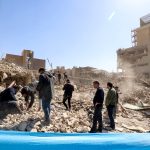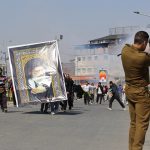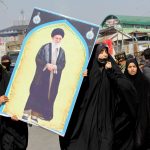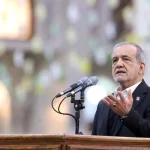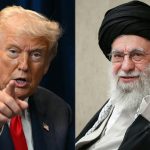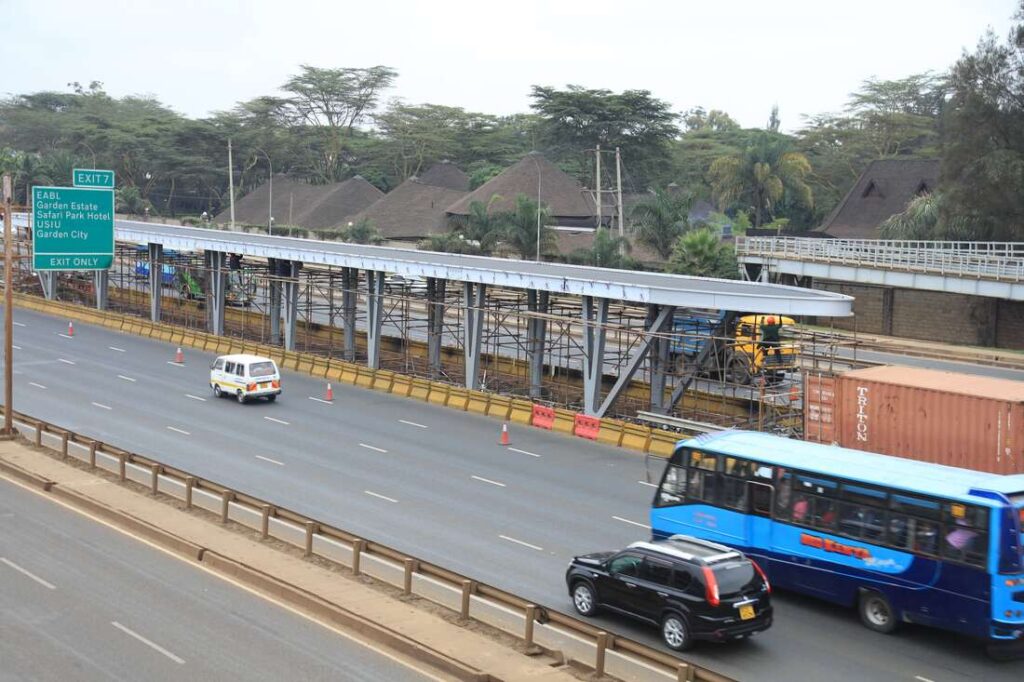
Petrol and diesel-powered buses have been locked out of the lucrative bus rapid transport (BRT) that will be launched on Thika and Mombasa roads in Kenya’s capital Nairobi from June this year, as part of government efforts to reduce greenhouse gas emissions, a senior official said on Tuesday.
Only electric and some hybrid vehicles, which use a mixture of electric and fossil fuel and those that use biofuels like hydrogen and biogas, will be deployed on the dedicated lane for large-capacity buses to ease traffic congestion.
Fossil fuel-powered cars, buses and matatus emit a big share of the carbon dioxide in Nairobi daily, according to local environmental experts. “We want to lead from the front when it comes to (fight against) climate change. We have an opportunity to move from rhetoric to actualising this aspiration,” Housing and Urban Development Principal Secretary Charles Hinga.
Mr Hinga said BRT corridors, to be launched in Nairobi by mid this year, are expected to hold up to 100 high-capacity buses which will increase to 300 in subsequent orders.
“The initial fleet is 100 but going up to 300 in subsequent orders. We are targeting June or July. Local content is minimum 40 percent,” Mr Hinga said.
BRT is designed to improve a city’s public transport network relative to conventional buses and is expected to reduce travel time and cost by up to 70 percent.
Priority corridors are the Jomo Kenyatta International Airport to Likoni, James Gichuru-Rironi and Bomas to Ruiru roads. Other motorways are Ngong Road, Juja, Mama Lucy, T-Mall and Balozi to Imara.
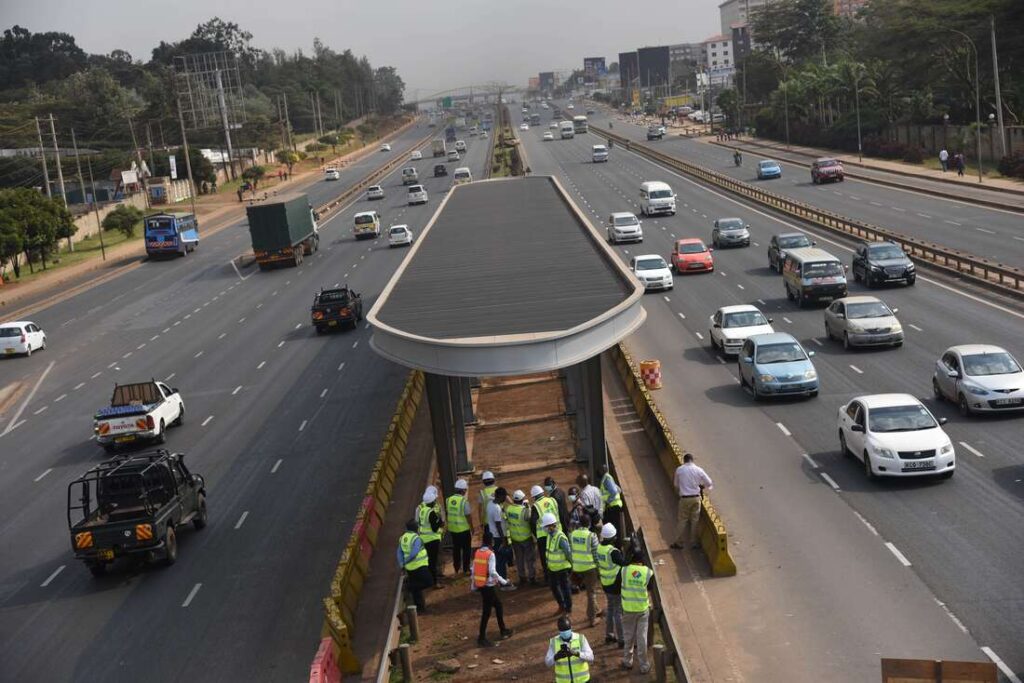
Kenya is seeking to offer private firms up to 12-year concessions to run the BRT meant to ease traffic in Nairobi.
“The buses are to be considered in three options based on propulsion technology (namely) biodiesel, hybrid, electric and the options for sale or a proposed lease tenure covering a three, seven and 12 years period,” said the Nairobi Metropolitan Area Transport Authority (Namata) acting director-general, Francis Gitau, in a notice published in local dailies.
Attempts by the previous administrations to organise public transport and rid the capital of old polluting buses have met resistance by public transport operators.
Kenya’s Environmental activists welcomed the initiative. Kenya is a party to the Paris Agreement on climate change.
“As we phase out fossil we should look into the use of alternatives such as electric-powered vehicles, which means zero carbon emissions. Unfortunately, it is not practical to switch over and hence the need for phasing out and including blending with biodiesel,” said the Kenya Climate Innovation Centre (KCIC) chief executive Edward Mungai.
Various studies indicate that the climate change impact of biofuels is generally lower than diesel and petrol.
Many urban authorities around the world battling gridlocked centres and air pollution are looking to discourage private car commutes.

